Last Updated on April 12, 2025 by Admin
Are you seeing the crawl error submitted URL marked noindex in your Search Console? This crawl error submitted URL marked noindex is different than crawled-currently not indexed. These reports raise concerns about pages you want indexed by Google not appearing in search results despite your best SEO efforts.
But there’s no need to panic! In most cases, this issue stems from quick misconfigurations that can be easily remedied once aware. Let’s explore the meaning behind this crawl error message and systematic troubleshooting tips for restoring proper indexing.
What is a Crawl Error Submitted URL Marked ‘Noindex’?
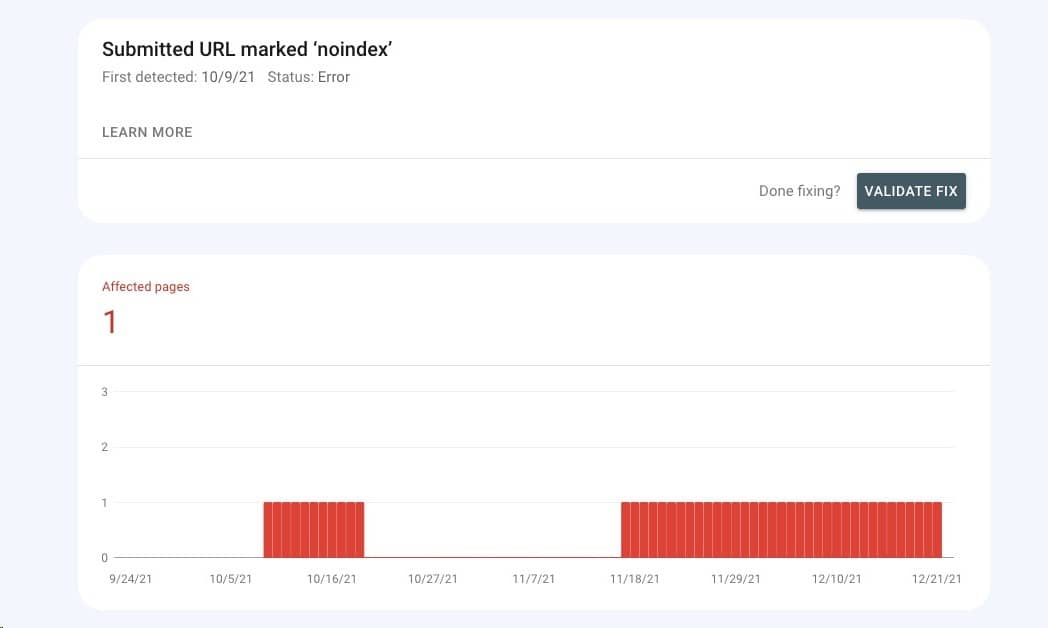
If you get this error on your Google Search Console Coverage section or when you inspect a URL, it only means Google tried to index that page but failed.
Why does this happen? First, the URL is submitted, indicating it was included in your sitemap. However, there could be elements on the page that instruct Googlebot not to index it, such as a noindex meta tag found in the page’s HTML.
In such a case, the page will not appear in the search results, and if that was purposeful and you do not want the page to show in the search, then this is not an issue. Nevertheless, you must identify why a noindex URL is included in your present sitemap.
However, if this page needs to be indexed, you are not getting proper search traffic. You must investigate this issue deeply to eliminate the error, and the following steps will guide you.
What are the Reasons the “Submitted URL Marked ‘Noindex'” Error?
Several reasons can lead to the “Submitted URL Marked ‘Noindex'” error:
- The page has a noindex tag in the HTML code.
- The password protects the page, and Google cannot crawl it.
- The page is authenticated and can only be viewed by members.
- The settings of the site block search engines from indexing the page.
Steps to Fix Crawl Error Submitted URL Marked ‘Noindex’
Fixing the crawl error submitted URL marked noindex involves the below steps:
1. Check the URL
The initial action should be to look at the URL. Ensure that the URL you provided is accurate. Verify any typo or link issues. These could lead to indexing problems.
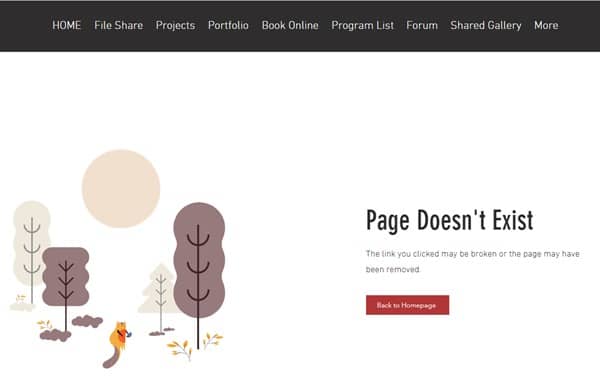
2. Allow search engines to index the page and site
Then, visit your site settings. Ensure that search engines are not prohibited from indexing your pages. Seek alternatives such as “Allow search engines to index this site.” Make sure that these settings are on.

3. Check if the page is password-protected
If a page is password-protected, Google will not index it. To ensure your page appears in search results, consider removing the password protection. This is essential for improving its visibility.
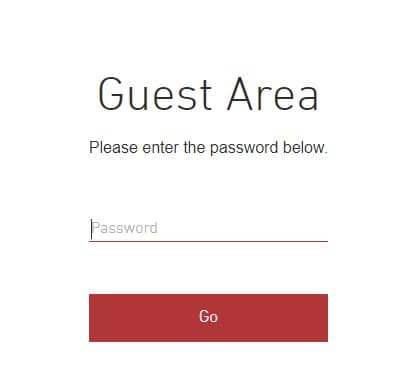
4. Check if the page is members-only
Like the password-protected pages, the members-only pages require authentication, which prevents Google from crawling them. If you want these pages indexed, make them public.
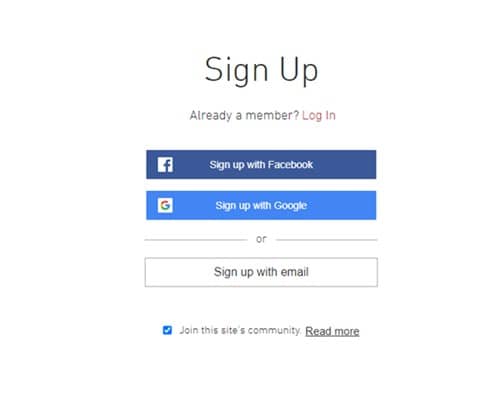
5. Use the URL Inspection Tool
Google Search Console’s URL Inspection Tool is really useful. It will aid in locating indexing problems. Type the URL that is becoming a problem. Allow the tool to analyze it. It ensures that you will receive helpful information concerning all indexing issues and suggest solutions. If the site is showing a 404 error or 5xx error, you can also easily fix them with proper steps.
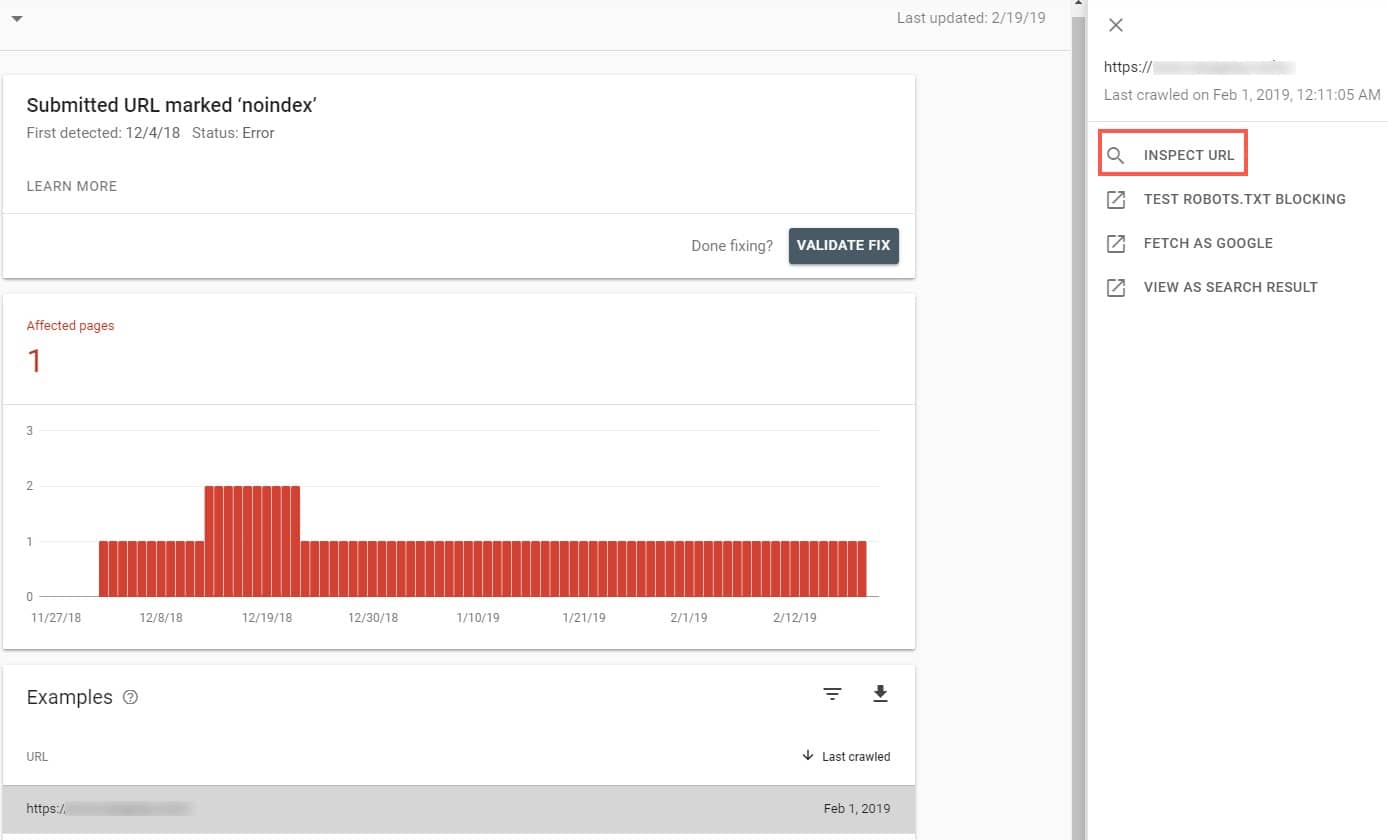
6. Check the Last Crawled date
Verify the date under “Last Crawled” in the URL Inspection Tool. If it displays a date not long ago, it means that Google has been indexing this page. If the date is too old, Google hasn’t crawled the page lately, so you might have to wait for the next crawl.
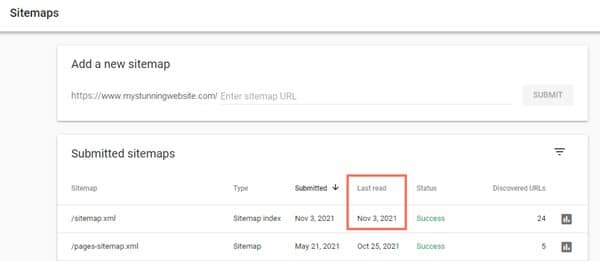
7. Request Google to index the page
If you have corrected any problems, you can request that Google re-crawl the page. To do so, use the URL Inspection Tool to request indexing. This tells Google to re-crawl the page and refresh its index.

Conclusion
Luckily, addressing the “submitted URL marked ‘noindex’ issue” just requires:
- basic content auditing,
- tactful tag adjustments
- sitemap file reuploads to realign with SEO indexing plans.
For advanced technical assistance in properly optimizing website architecture and metadata elements to avoid future crawl anomalies, award-winning digital SEO experts at AlgoSaga internet marketing company specialize in pragmatic solutions tailored to achieving visibility goals. Schedule a free session and breathe easier ranking ahead in 2024!
